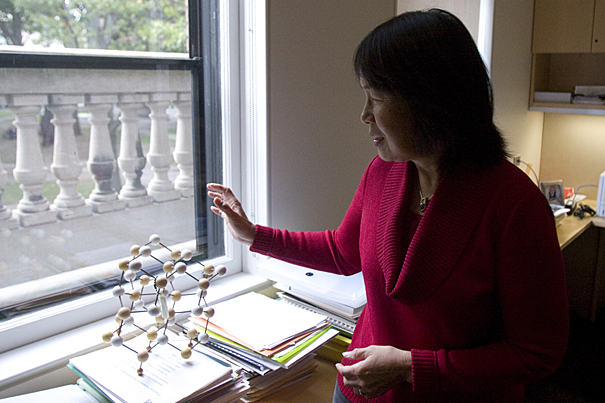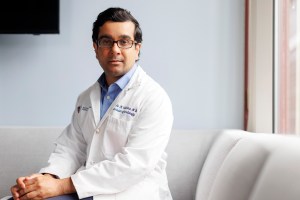Science & Tech
-
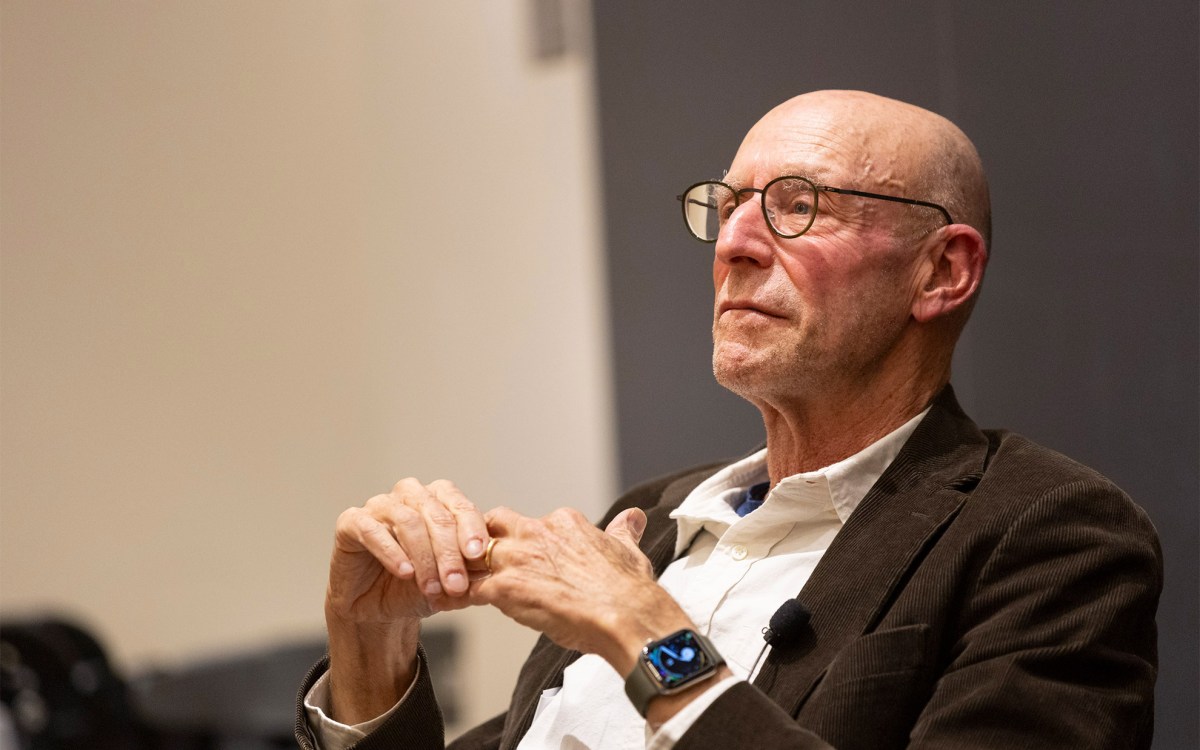
What exactly is consciousness? (And does my Venus flytrap have it too?)
In new book, author Michael Pollan explores nonhuman sentience, stream of thought, AI
-

Can a chatbot be a co-author?
Physicists take souped-up ChatGPT out for a spin, return home with significant discovery

-

Preserving learning in the age of AI shortcuts
In podcast, teachers talk about how they’re using technology to supercharge critical thinking rather than replace it
-

A ‘cocktail’ recipe for brain cells
Stem cell biologists discover how to regenerate type damaged in ALS, spinal cord injuries

-

When you do the math, humans still rule
Harvard’s Lauren Williams, a MacArthur ‘genius,’ joins international effort to challenge notions of AI supremacy
-

‘Imagination’
Less like a picture, more like a video game? Cognitive scientist explains how we ‘see’ what isn’t real.
-
Toy story
Scientists have long studied how atoms and molecules structure themselves into intricate clusters. Unlocking the design secrets of nature offers lessons in engineering artificial systems that could self-assemble into desired…
-
Learning from toys
Using magnetic toys as inspiration, researchers tease out structures that echo self-assembled clusters of atoms and molecules.

-
Barefoot running easier on feet than running shoes
New Harvard research casts doubt on the old adage, “All you need to run is a pair of shoes.”
-
Felice Frankel receives highest award granted by Photographic Society of America
Felice Frankel, a Senior Research Fellow in the Faculty of Arts and Sciences and Research Associate in Harvard Medical School’s systems biology department has been awarded the Progress Medal of…
-
Web wizardry
Harvard lecturer David Malan’s introductory computer-programming class spawns an array of imaginative new applications, reflected in the annual CS 50 Fair.
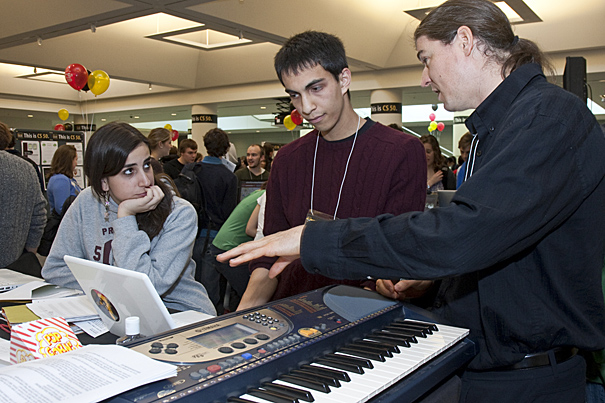
-
Accelerator Fund boon to research
The Harvard Office of Technology Development’s Accelerator Fund helps researchers advance their work to the point where it’s attractive to private industry.
-
Study: Polar ice sheets vulnerable to even moderate global warming
A new analysis of the geological record of the Earth’s sea level, carried out by scientists at Harvard and Princeton University’s Woodrow Wilson School of Public and International Affairs, employs…
-
It does indeed compute
Harvard lecturer David Malan’s introductory computer-programming class spawns an array of imaginative new applications, reflected in the annual CS 50 Fair.
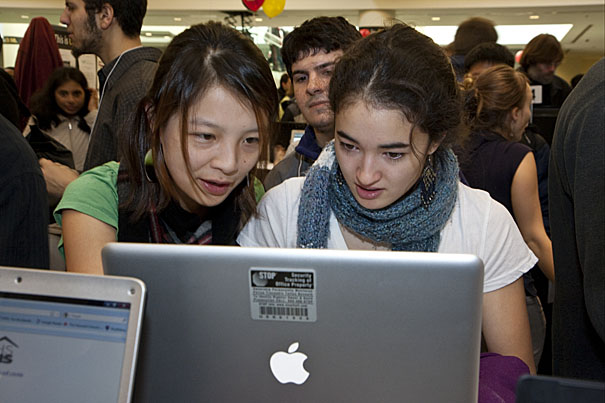
-
Nature’s fine designs
Nature and its bottom-up processes for creating robust and responsive materials are inspiring new generations of synthetic materials and creative design.
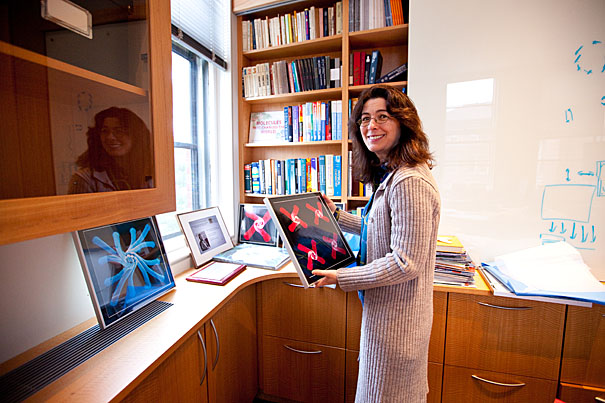
-
Wizard at circuits, physics
Donhee Ham, Gordon McKay Professor of Electrical Engineering and Applied Physics, uses his personal energy and understanding of physics to design innovative integrated circuits.
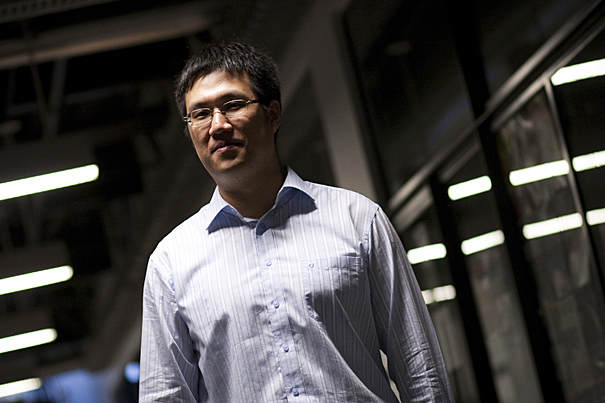
-
‘Landscapes of Energy’
In a world marked by dams, oil fields, mines, and other energy infrastructure, scholars in a new Harvard journal begin looking at its social impact.
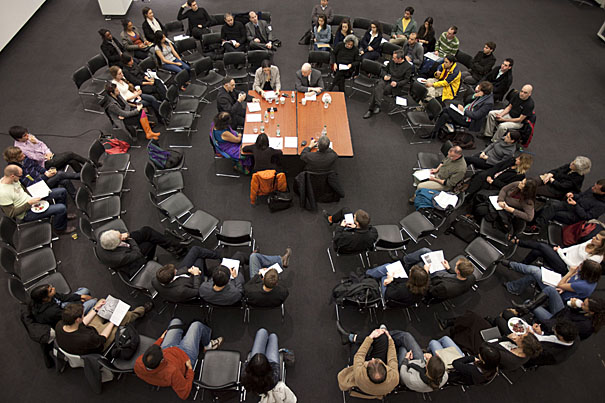
-
Just use less
Energy adviser and former Honeywell executive Maxine Savitz says there are enormous energy savings available through increased efficiency, as much as 30 percent by 2030.
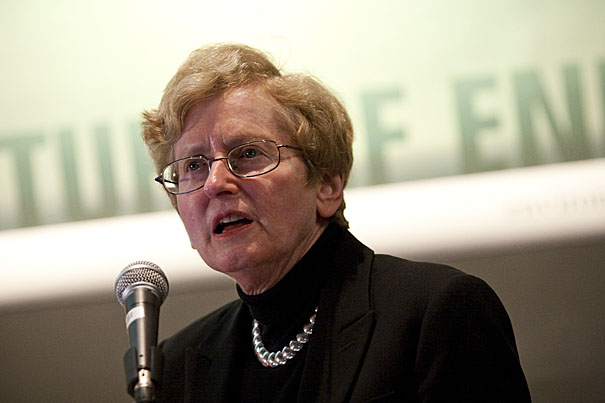
-
Harvard Medical School grad heads for International Space Station
In an era when elementary schoolchildren can create exciting new worlds and explore them with the click of a computer mouse, will we again see bold explorers like Lewis and…
-
Harvard Stem Cell Institute – First 5 years
What has the Harvard Stem Cell Institute accomplished in its first 5 years?
-
McLean launches coaching institute
With a $2 million gift from the Harnisch Foundation, Harvard-affiliated McLean Hospital recently launched the Institute of Coaching to support coaching-related research, practice, and education.
-
A line on string theory
Harvard physicist Cumrun Vafa tells scientists at the Large Hadron Collider that the discovery of a predicted, long-lived particle during research there would be the first experimental confirmation of string theory.
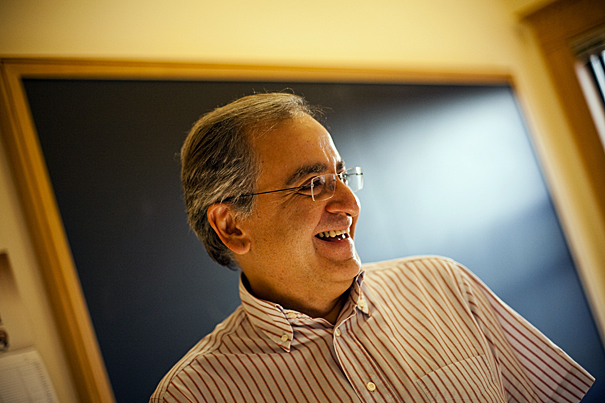
-
Quantum gas microscope created
Physicists have created a quantum gas microscope that can be used to observe single atoms at temperatures so low the particles follow the rules of quantum mechanics, behaving in bizarre ways.

-
Quantum gas microscope offers glimpse of quirky ultracold atoms
Harvard physicists have created a quantum gas microscope that can be used to observe single atoms at temperatures so low the particles follow the rules of quantum mechanics, behaving in…
-
New wrinkle in old approach
Harvard materials scientists have come up with what they believe is a new way to model the formation of glasses, a type of amorphous solid that includes common window glass.

-
Materials scientists find better model for glass creation
Harvard materials scientists have come up with what they believe is a new way to model the formation of glasses, a type of amorphous solid that includes common window glass.…
-
Devastation by degrees
The head of the Natural Resources Defense Council examines the implications of climate change and the best ways forward for the passage of congressional legislation to combat it.
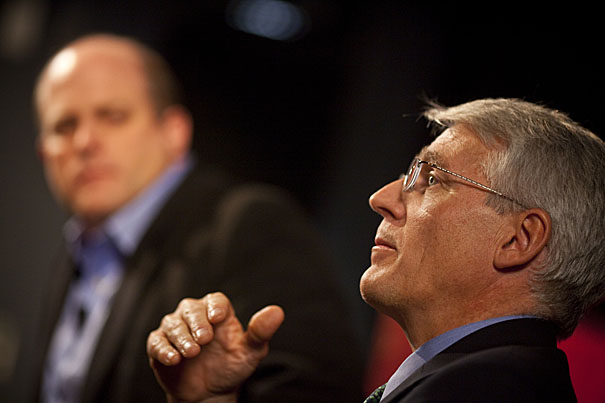
-
Face it:
Gay men are most attracted to the most masculine-faced men, while straight men prefer the most feminine-faced women, according to the results of a new study by a Harvard researcher.…
-
Facing your preferences
Researchers discover that similar qualities of observation drive gay and straight men in their judgments on attractiveness.
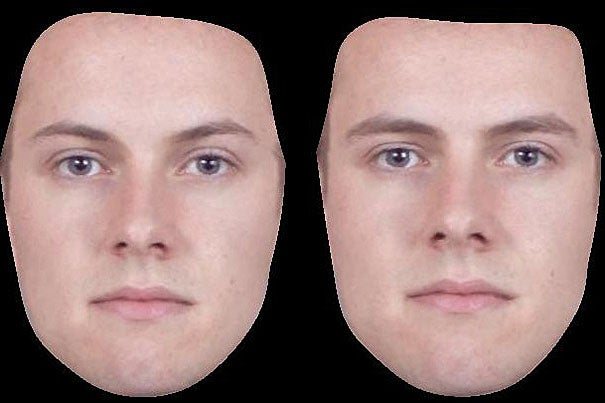
-
Physician training 2.0
Doctors at Brigham and Women’s Hospital team up with the New England Journal of Medicine to create online medical cases that can teach better than lectures.
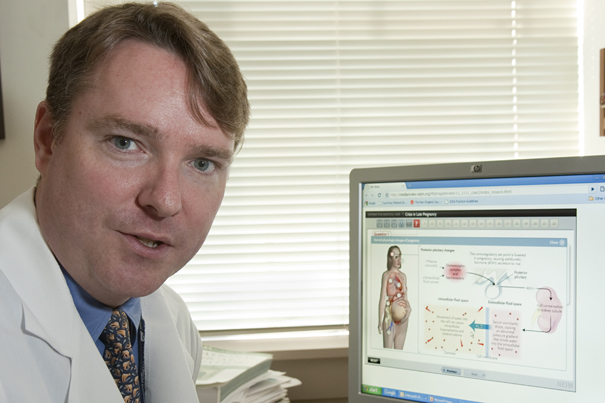
-
Icebreaker
Every month, Sarah Stewart-Mukhopadhyay fires her 20-foot gun in the basement of Harvard’s Hoffman Lab, sending shivers through the concrete and steel structure that can be picked up by seismometers upstairs.

-
To tell the truth
Harvard University study suggests that the pain of torture can make even the innocent appear guilty to those interrogating them.
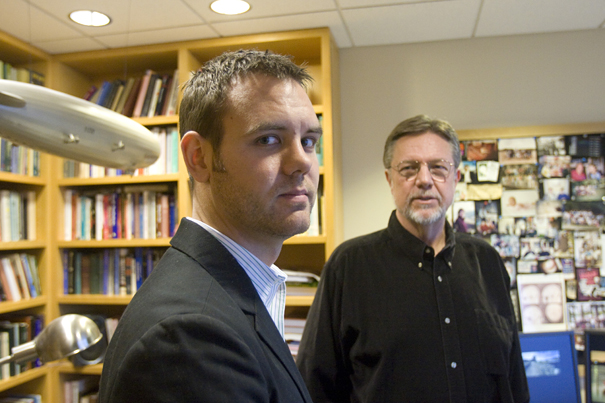
-
Harvard scientists bend nanowires into 2-D and 3-D structures
Taking nanomaterials to a new level of structural complexity, Harvard researchers have determined how to introduce kinks into arrow-straight nanowires, transforming them into zigzagging two- and three-dimensional structures with correspondingly…
-
McKibben’s movement: 350.org
Activist and author Bill McKibben ’82 takes to the pulpit in a plea for climate change action.
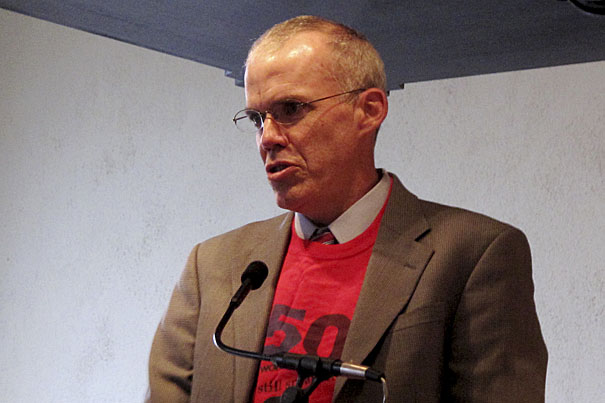
-
Bringing new meaning to the term scientific paper
An insight from the labs of Harvard chemist George M. Whitesides and cell biologist Donald Ingber is likely to make a fundamental shift in how biologists grow and study cells…
-
Big-picture view of nanoscale
After 25 years at the University of California, Santa Barbara, a pioneer in the fabrication of miniature electronic and photonic devices takes up residence at Harvard’s School of Engineering and Applied Sciences.
